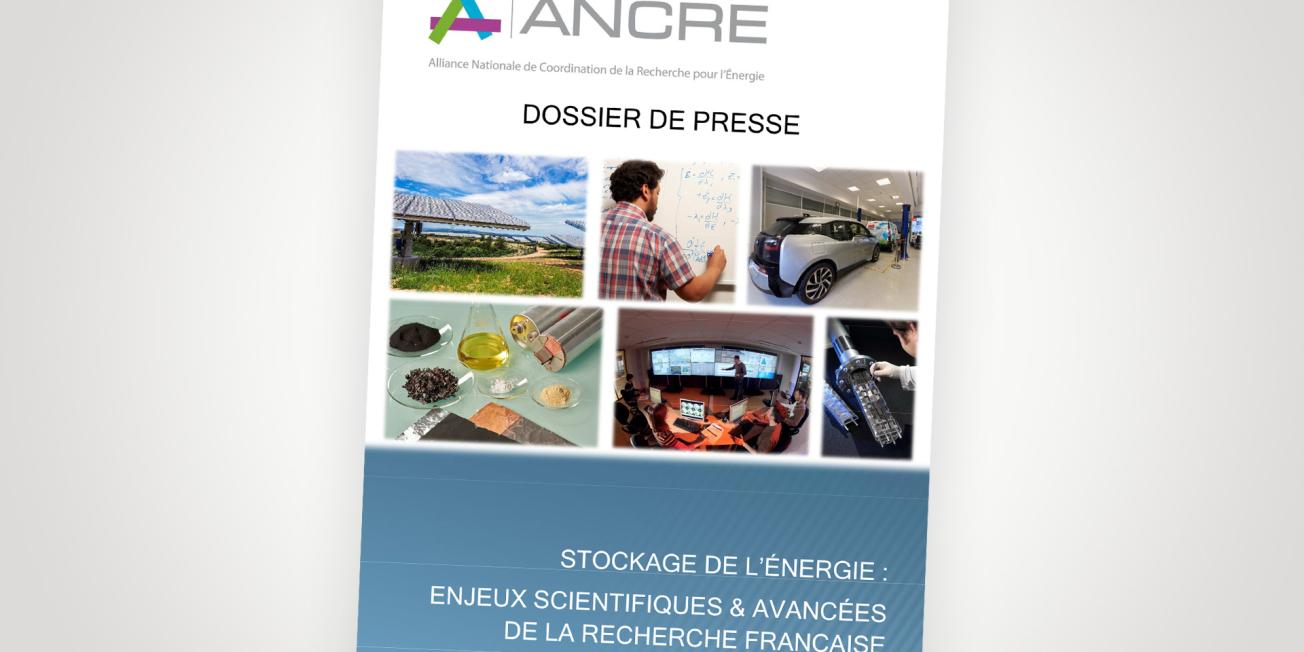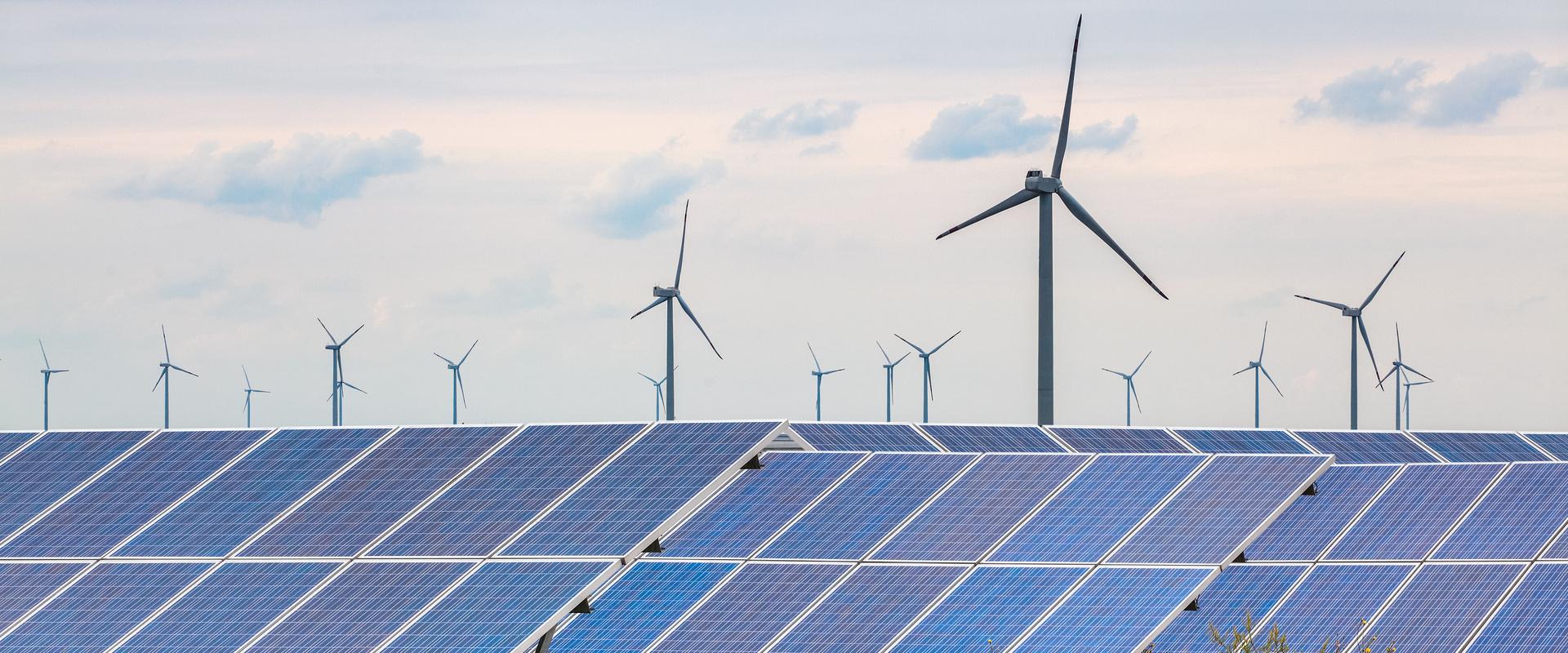
Cover of the press kit.
© BRGM
Storage, at the crossroads of energy, climate and societal issues
Our energy systems are being transformed. Different types of energy transition, resulting from an awareness of the need to safeguard our environment and climate, are taking place around the world. Numerous national, European and intergovernmental commitments have been made to encourage this change, such as the French Energy Transition for Green Growth Act, the European Commission's Climate & Energy Package, the Paris Agreements (COP21) and more recently the French Climate Plan. New technologies go hand in hand with these changes, but progress is still needed, whether by improving performance and reducing costs, or by further reducing their environmental impact. These technologies have benefited from several years of research, but new technological breakthroughs will be needed to achieve the carbon neutrality targeted for 2050.
In France, research organisations and universities therefore have a major role to play in providing civil society and economic stakeholders with tools and technologies for facilitating the changes in our energy use while safeguarding our environment for future generations.
The essential contribution of French research
Research needs to address these challenges by offering effective and sustainable storage technologies that take into account the corresponding energy management and distribution systems. The skills involved cover a wide range of sectors and applications: from microelectronics to thermal engineering, and including electrochemistry, hydrogen storage and thermohydraulics. Researchers are mobilising this know-how in order to:
- increase the energy performance of storage systems (ability to store more energy, for longer, with reduced losses, etc.);
- minimise the environmental impact of the technologies used (by reducing – or even eliminating – critical elements, the amounts of materials required, the volumes and surface areas required, by promoting recycling, etc.);
- optimise the economic model associated with each technology, in order to promote their democratisation and market expansion (limit investment costs, achieve a maturity that facilitates the industrialisation of processes, offer competitive operating costs, etc.).
The expected scale of these transformations, which aim to ensure the sustainability of our systems for future generations, also offers great potential for economic development. French research contributes to this through technology transfers to industry.
The ANCRE alliance: coordinator of French expertise
Through its numerous contributions to the formulation of public policies at both national and European level, the French national alliance for energy research coordination (ANCRE) is aiming to promote a scientific community for energy and encourage the scientific and technological breakthroughs needed for the energy transition. Although the transport sector continues to emit most of France's CO2, the need for technological breakthroughs is also particularly pressing in the areas of massive energy storage and CO2 capture/storage/recycling, for example.
What is energy storage?
Storing energy means preserving or storing some of it for later use.
Energy can be stored in various forms: mechanical (hydraulic and compressed air), electrical (supercapacitors and electromagnetic storage), thermal, chemical (hydrogen) or electrochemical (batteries).
Several successive stages of energy conversion are needed, from recovery/capture through to storage and use.
This parameter is essential for the energy transition, as it mobilises a number of levers, regarding:
- electricity generation, which is responsible for 40% of CO2 emissions worldwide. Energy storage should make it easier to integrate renewable energy sources – which are often decentralised and impossible to plan – into the energy mix, to help balance supply and demand and provide the energy needed during consumption peaks.
- mobility (France's main CO2-emitting sector). Energy storage should make it possible to decarbonise the energy used by transport and onboard electronic systems, which are increasingly prominent in our daily lives.
- buildings (Europe's largest CO2 emitting sector). Thermal storage should make it possible to decarbonise the production of heat in winter and cold (air conditioning) in summer.







